Thanksgiving is nearly here and your four-legged sous chef can practically smell the turkey in the air. To ensure your furry helper stays on their best behavior, Juanita Hills Animal Hospital has compiled our favorite Thanksgiving tips for a pet friendly celebration—from “bone” appetit to the post-meal cat nap.
Pets in place—the kitchen is off-limits for pets
The holiday kitchen is no place for pets. Curious dogs and cats who get underfoot can cause you to fall or drop food. They can also knock harmful ingredients off the counter or raid the trash when no one is looking. Because many holiday dishes contain ingredients that are dangerous or toxic to pets, confining your pet behind a barrier (e.g., pet gate, crate, or exercise pen) can prevent the most common Thanksgiving-related pet injuries.
If you can’t resist your pet’s pleading eyes, offer them a safe treat, such as a Kong toy stuffed with pet-friendly holiday foods in their plain whole form (i.e., no seasoning or sauce). Safe options include skinless white turkey meat, green beans, mashed sweet potatoes, pureed pumpkin, apple slices, and baby carrots.
No paws on the table—maintain a “no table scraps” policy for your pet
Chances are, your favorite Thanksgiving dishes feature one or more ingredients that could cause an array of health issues, ranging from temporary illness to life-threatening organ failure, in your pet. In addition to toxic foods, most prepared dishes include rich ingredients and are high in salt, sugar, and fat, which can trigger severe gastroenteritis or pancreatitis—a dangerous condition that requires hospitalized treatment.
To ensure your pet’s safety, ask all your holiday guests not to feed your pet any table food, including:
- Cooked or raw bones
- Turkey skin, fat, or pan drippings
- Gravy
- Corn on the cob
- Grapes
- Alcohol
- Yeast dough
Also, ask them to refrain from feeding your pet any prepared dishes that include:
- Onions, garlic, or leeks (e.g., casseroles and sauces)
- Raisins or currants (e.g., baked goods or stuffing)
- Chocolate
- Macadamia nuts
- Xylitol (i.e., a natural sweetener, also called birch sugar, used in sugar-free baked goods, gum, and candy)
If you know or suspect that your pet has consumed something dangerous, contact Juanita Hills Animal Hospital during normal business hours, or call the ASPCA Animal Poison Control Center or the nearest veterinary emergency center for holiday or after hours assistance.
They (decor)ate what?—keep curious pets away from hazardous harvest decor
If your home is aglow with warm autumnal colors, decorations, and lighting, consider the festive scene from your pet’s perspective.
- Candles — Flickering flames can burn curious paws and whiskers or be knocked over by wagging tails and cause a fire.
- String lights — Chewed cords can result in an electric shock, while glass or plastic bulbs can break and lacerate sensitive gum tissue.
- Harvest corn — Corn cobs aren’t so appealing when one becomes lodged in your dog’s throat or intestinal tract.
- Figurines and glass items — These toy-like items can lead to choking or harmful blockages, while broken shards can lacerate paws or mouths.
- Floral arrangements — Check all centerpieces for toxic flowers, such as chrysanthemums, lilies, carnations, cyclamen, and amaryllis. Remove hazardous flowers or keep floral arrangements out of your pet’s reach.
Oh, behave!—teach guests how to have polite pet interactions
Your pet is adorable—dare we say, irresistible—and your holiday guests will naturally fawn over their every look, move, and tail wag. Unfortunately, many humans don’t know how to express their affection for pets in a polite and non-threatening manner, which can result in unintended bites, scratches, and pet stress.
Ensure all guests understand and respect your pet’s boundaries. While this will vary according to your individual pet’s preferences and personality, some general guidelines include:
- Let your pet solicit attention (i.e., don’t corner or rush up to the pet)
- Do not hug, squeeze, or pick up the pet
- Touch or pet non-threatening areas, such as the chest or sides, and not the top of the head
- Do not disturb the pet while they are eating, sleeping, or playing with a toy
- Keep doors and gates closed to prevent pet escape
- Use only pet-safe treats—not people food—to reward the pet
They’re not my family, I’m adopted—give your pet a safe place to get away
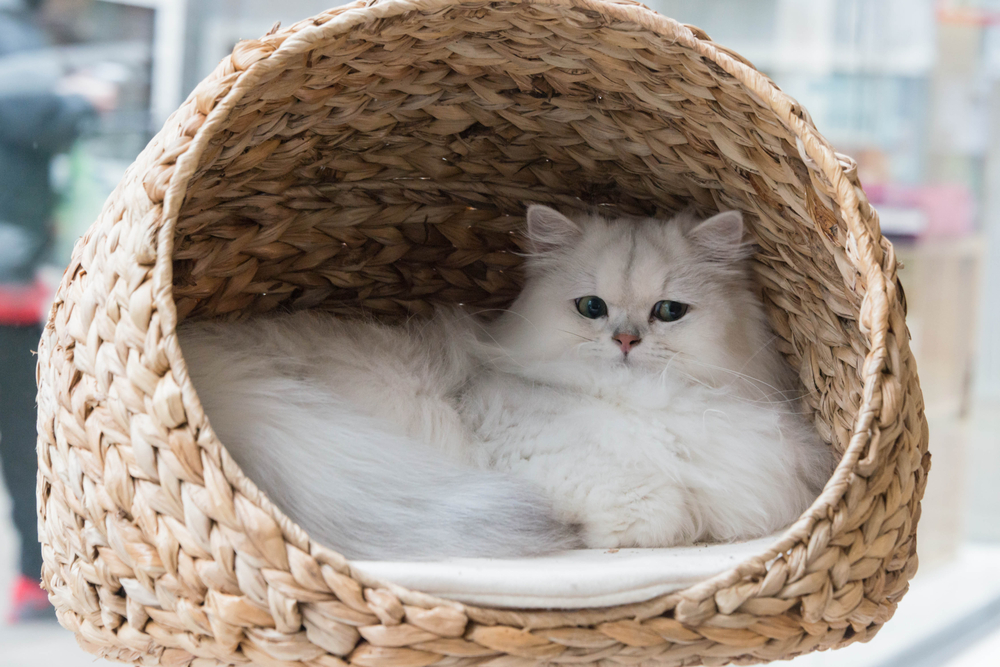
Everyone needs a way to escape the holiday hustle and bustle, including your pet. Create a designated safe zone that is inviting and cozy and as far away from the living room as possible where your pet can periodically retreat—or live full-time—during Thanksgiving festivities. Ensure your pet’s area is comfortable and secure by including a cozy bed and perhaps a crate, your pet’s favorite toys, some long-lasting treats, and accessible food, water, and a litter box, as needed. Use a white noise machine and some pet-friendly pheromones (e.g., Adaptil or Feliway) to create a sense of peace and safety. Instruct your visitors, and especially children, to leave your pet alone while they are in this space.
Sharing the holiday season with your pet should be a pleasant and memorable experience filled with happiness—not heartache. Show your gratitude to your four-legged friend by making careful choices about their safety and health this holiday and every day—including expert veterinary care at Juanita Hills Animal Hospital. Contact our team to schedule your pet’s next wellness visit.

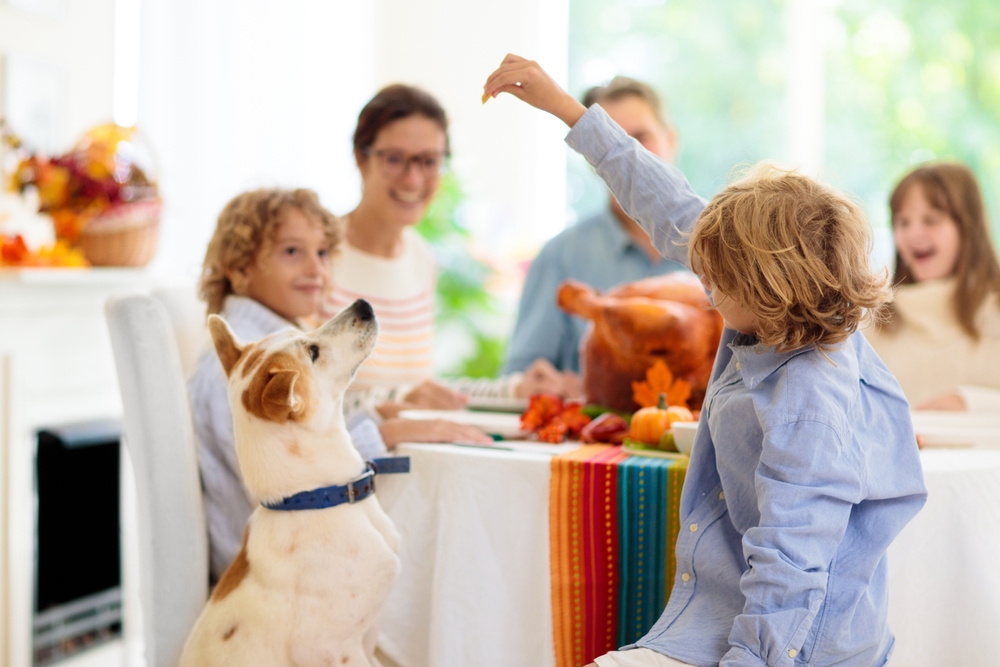
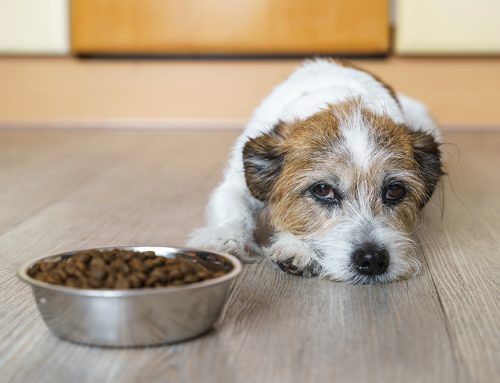
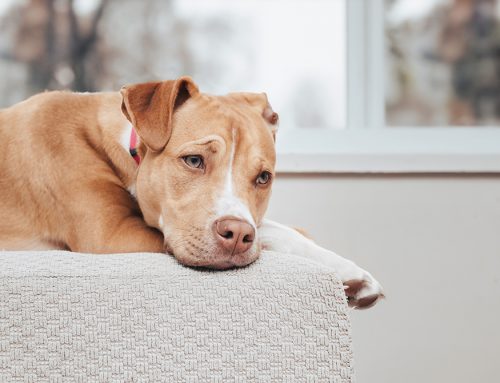
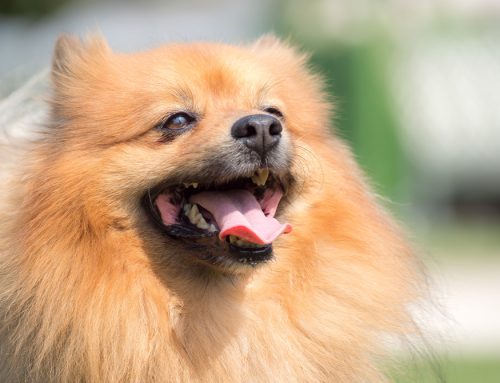
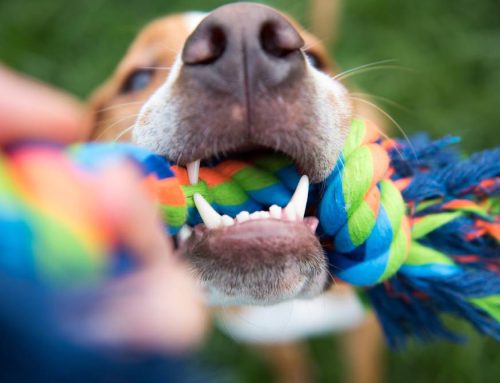













Leave A Comment